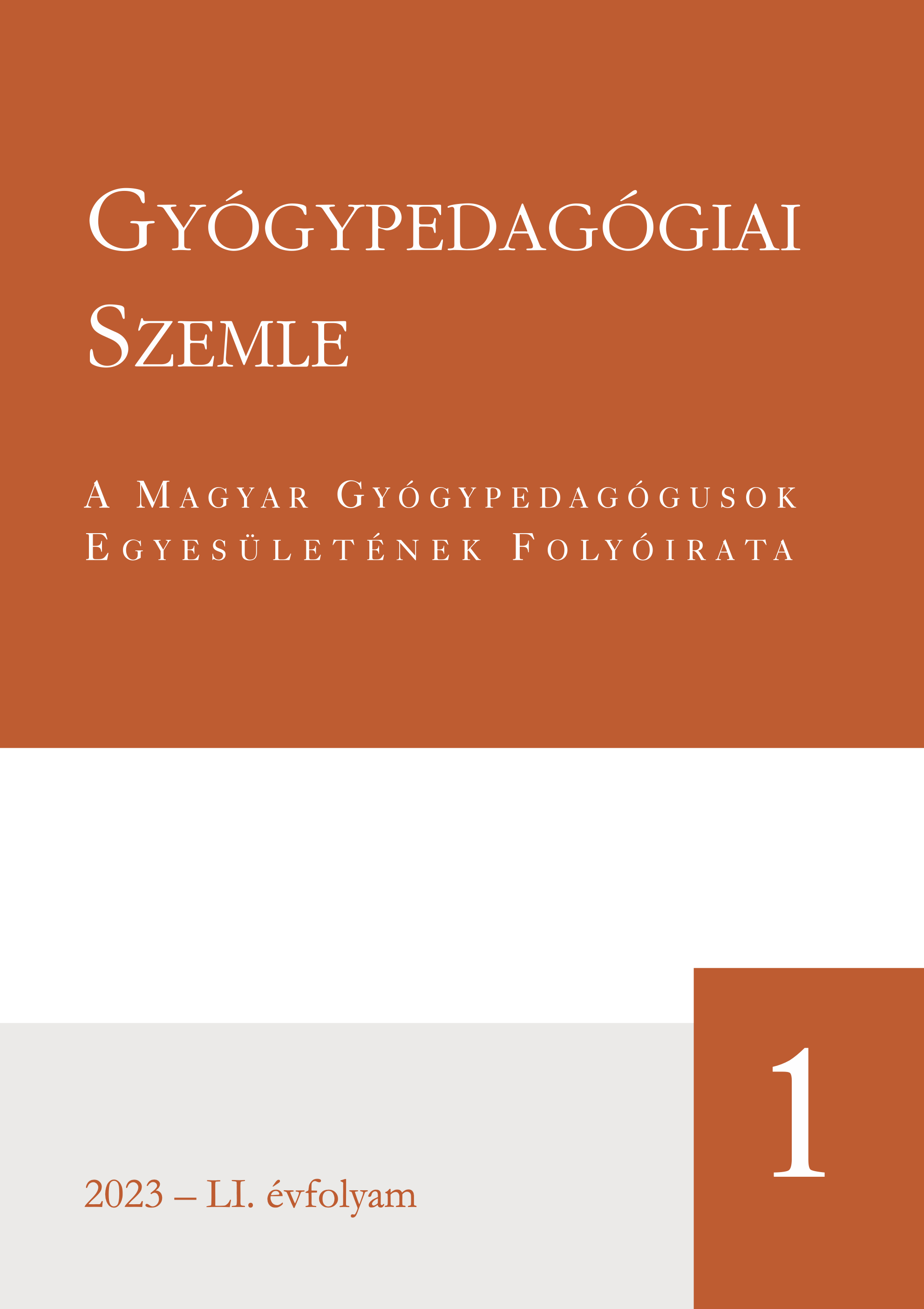inclusive society – a pilot study
DOI:
https://doi.org/10.52092/gyosze.2023.1.5Keywords:
disability awareness program, attitude research, impact assessmentAbstract
Abstract
Background and aims: Employment can be seen as an essential element of our society, as it not only contributes to the personal development of people with disabilities, but also enables them to lead independent lives and to integrate into society. The degree to which a society is open to the employment of disabled workers is not only an individual issue, but also a combination of political, social, economic, and legal issues. Taking all these interrelated factors into account, it is clear that all organisations need to address disability because they have a significant impact on the expression of negative attitudes towards people with disabilities.
Method: Our quantitative research is based on a participatory disability awareness program specifically targeted at the market sector to promote diversity. In our pilot study, we implemented a three-session disability awareness program at a Hungarian company based in Budapest, Hungary, with the aim of assessing the specificities of the program and research. A total of 29 people participated in a research-based program that included testing a version of the Multidimensional Attitude Scale (MAS) adapted to people with hearing and physical impairments, as well as testing the Solomon four-group experimental design.
Results: During the study, both experimental and control groups could be structured using Solomon's four-group experimental design. The experimental group had higher scale scores in the input questionnaire than in the output questionnaire, and a lower score indicates a more positive attitude.
Conclusions: The small sample size and nature of the research preclude drawing broad conclusions. The pilot study results indicate that the research and program are feasible, but liable to human and material resources.
Keywords: disability awareness program, attitude research, impact assessment

